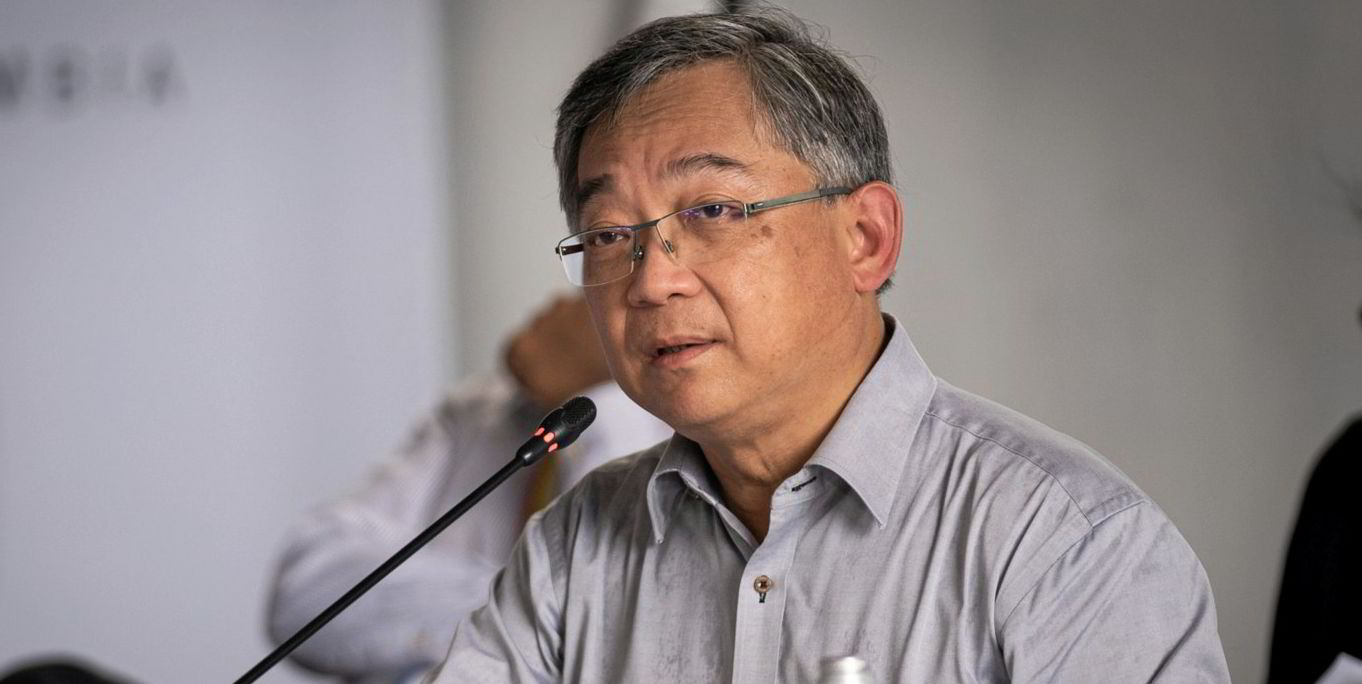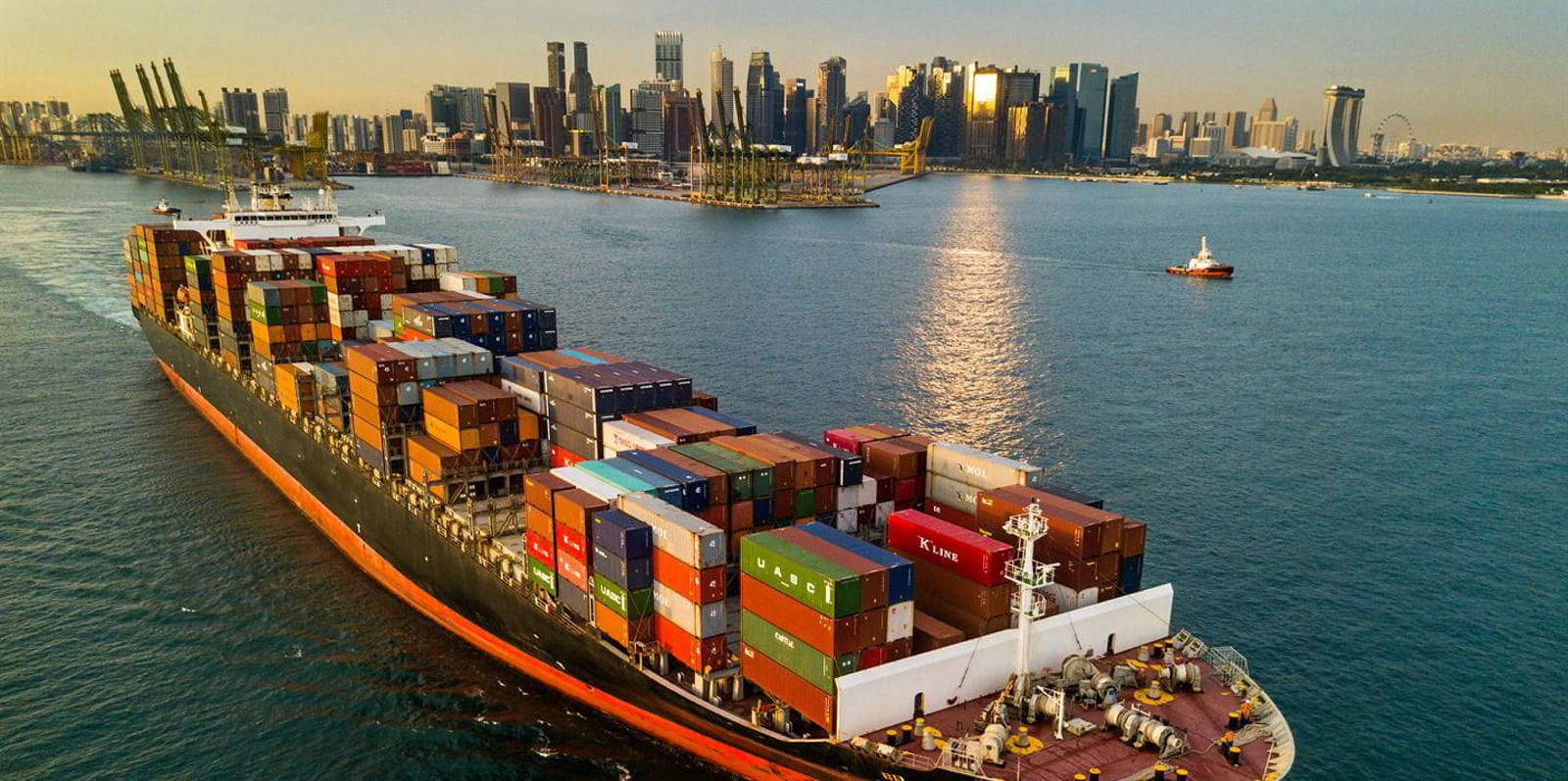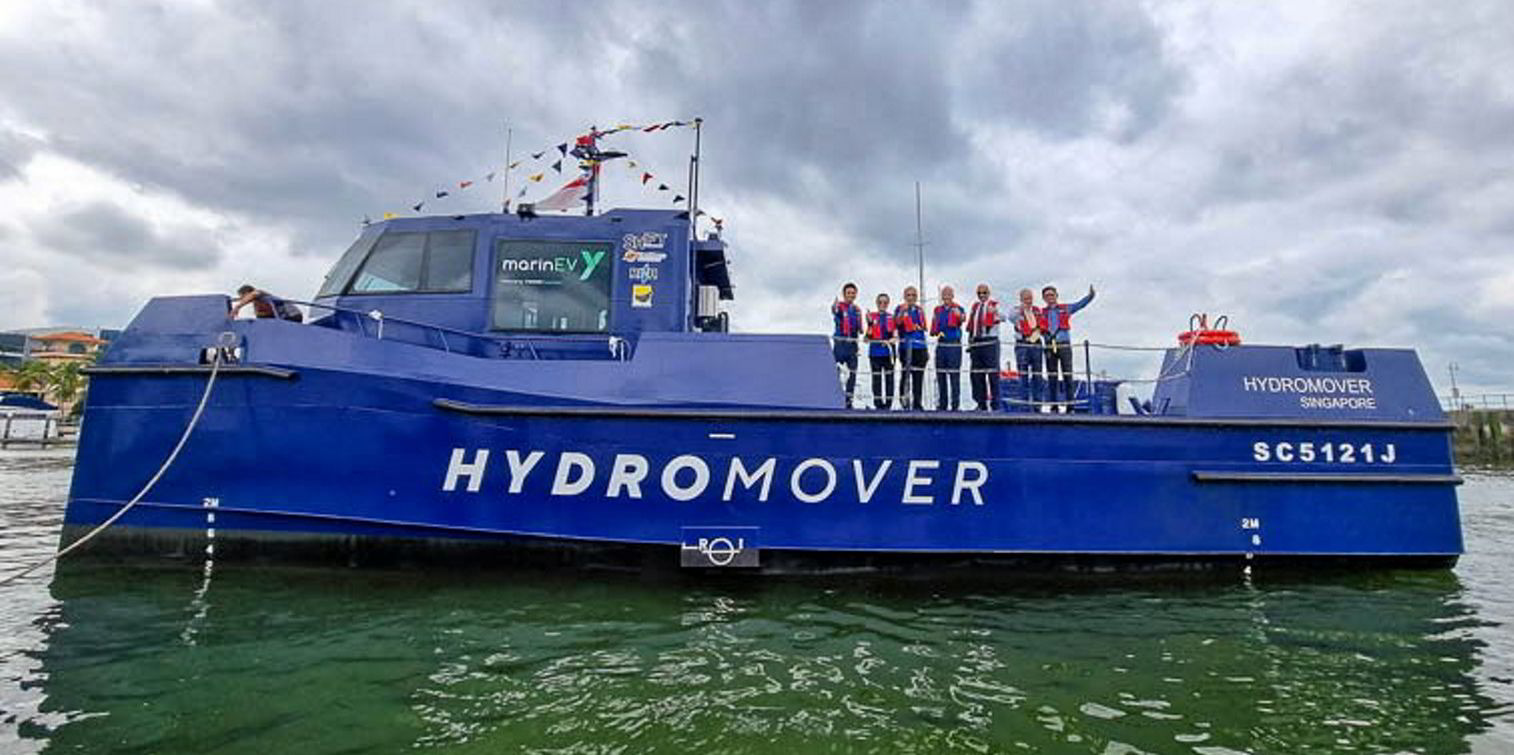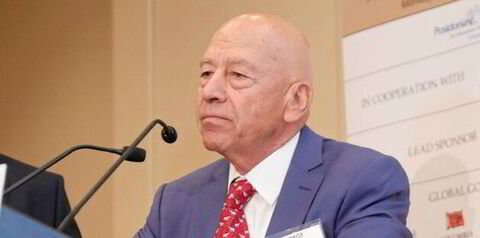Singapore is making further changes to its foreign work pass policies, in a move that will affect its maritime and offshore industries.
Chief among the changes is a reduction in the dependency ratio ceiling, which specifies the ratio of foreign workers to local employees in a company.
Shipyards will be able to hire up to three work permit holders for each local employee from 1 January 2026, down from the current 3.5.
The levy for basic-skilled work permit holders will rise by 25% to SGD 500 ($375) and by almost 17% to SGD 350 for higher-skilled staff.
The minimum qualifying monthly salary for an employment pass holder will be increased from SGD 5,000 to SGD 5,600 from 1 January 2025 for new applicants and from 1 January 2026 for those renewing their passes.
The minimum salary for candidates in their mid-40s will increase up to SGD 10,700 and up to SGD 11,800 for those working in financial services.
The minister for trade & industry, Gan Kim Yong, said these moves aim to “push the sector to rethink its operating model, pivot to higher-skilled, higher-value activities and reduce its reliance on foreign manpower”.
“We recognise that transformation, while necessary, is never easy,” he said in a speech to parliament.
“We will thus provide a marine and offshore engineering support package totalling around SGD 100m over the next five years, to help companies transform, uplift our workers and position the sector for new growth opportunities.
“This will enable us to become a globally impactful and thriving hub that can deliver sustainable solutions in the marine and offshore engineering value chain.”
One growth opportunity being explored is offshore wind, explained Gan. It has a global market that is projected to grow at an average rate of 22% per year until 2030.
“Some companies have already embarked on this journey, such as Seatrium, which is working on several large offshore wind projects. We will identify and capture opportunities along the value chain and anchor them in Singapore,” he said.
Gan also highlighted IMC-backed BeeX — which builds hovering autonomous underwater vehicles (HAUVs) to conduct inspections of offshore wind farms — as one such “promising local start-up”.
“BeeX built its first HAUV with an SGD 500,000 Startup SG Tech grant. Its solutions have been validated internationally and it is currently working on a high-spec, second-generation HAUV+,” he said.





